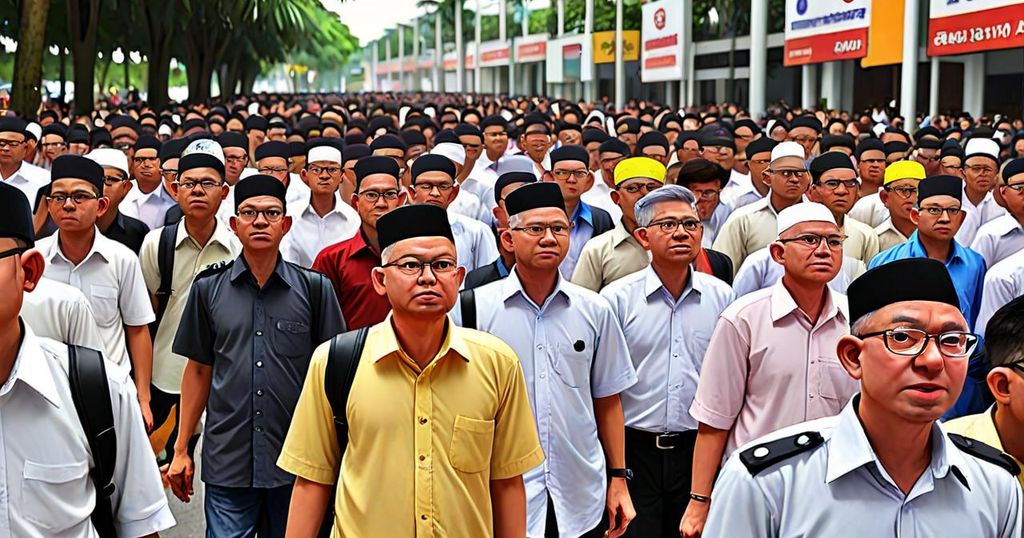Malaysia’s approach to affirmative action is rather unconventional, differing from typical programs aimed at uplifting ethnic and religious minorities. Instead, Malaysia has implemented policies that favor the majority Malay Muslims, who comprise almost 70 percent of the population, resulting in detrimental effects on minority groups in the country, particularly individuals of Chinese and Indian descent.
The implementation of ethnicity-based quota systems has raised questions about Malaysia’s commitment to its multi-ethnic heritage, with Kuala Lumpur, a bustling city of 34 million people, being at the center of this debate.
The preferential treatment given to the Malay Muslim community by the Malaysian government has prompted concerns regarding equality and fairness for all citizens. While the intention behind these policies may have been to address historical disparities, it is essential to recognize the negative impact on minority groups.
Many have argued that these affirmative action policies have perpetuated economic and social inequalities in Malaysia rather than alleviating them, creating a system where opportunities are not equally accessible to all Malaysians, irrespective of their ethnic background. This has led to tensions and frustrations within the country.
In a diverse country like Malaysia, it is crucial to acknowledge and embrace the contributions and needs of all ethnic and religious communities. The country’s future depends on the fair and equitable treatment of all its citizens, regardless of their background.
As discussions on these policies continue, it is important to recognize the importance of striking a balance between addressing historical injustices and ensuring that all Malaysians have equal opportunities for success. This will require a careful and thoughtful approach that takes into account the concerns and aspirations of all communities in Malaysia.
While the government’s intentions may have been rooted in addressing historical disparities, the implementation of these policies has had a divisive impact. Therefore, it is crucial to reevaluate these policies to truly uplift and support all Malaysians, irrespective of their ethnicity or religious affiliation.
Ultimately, the path to a more united and prosperous Malaysia lies in policies that promote inclusivity and equal opportunities for everyone. It is only through embracing the diversity of its people that Malaysia can truly thrive and reach its full potential.
As Malaysia continues to navigate the complexities of its multi-ethnic society, engaging in open and respectful discussions that lead to policies promoting unity and equality is crucial for the collective well-being of the nation.

Leave a Reply